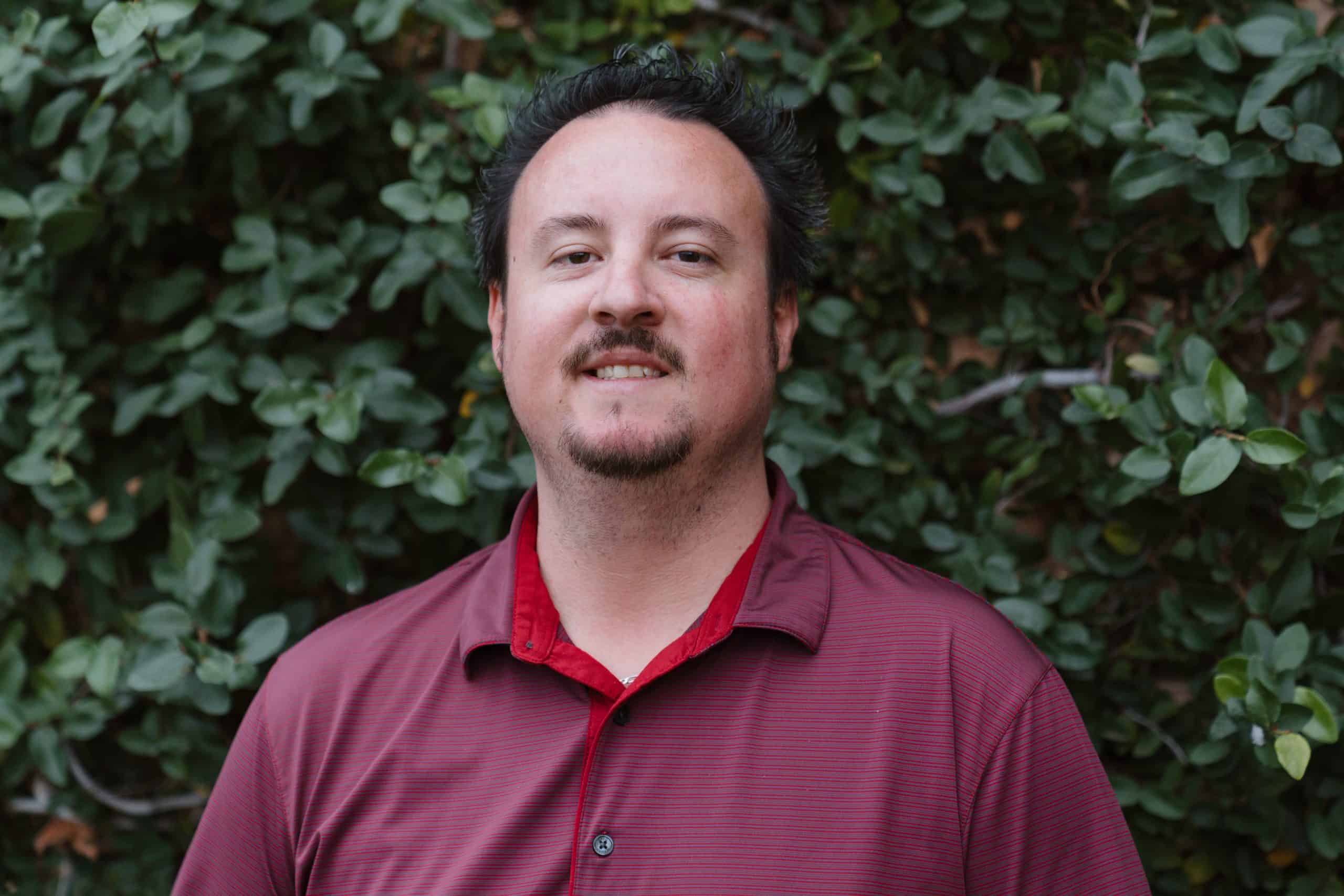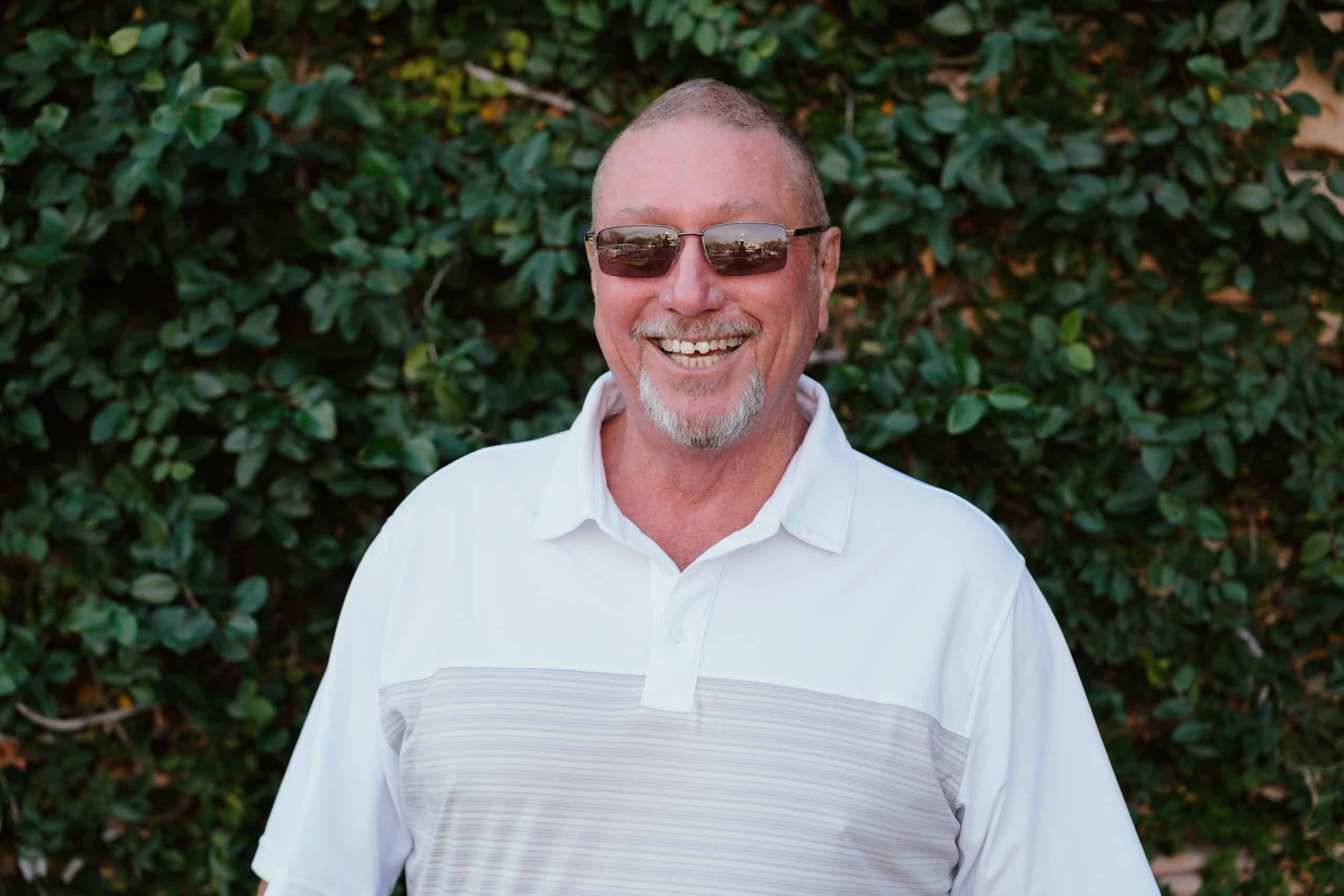Individual Therapy
As the fastest-growing state in the country, Arizona’s population is diverse and so are the people seeking addiction treatment.

Your life is yours to experience. No one else could walk the exact steps you do with the exact same people, thoughts, and memories.
At the same time, so many experiences are felt by multiples of thousands of people around the world in similar ways. How many people do you know who like the same foods as you? Who has the same taste in clothing as you? Who likes the same music as you?
How, if we’re all so similar, can it also feel so alienating when you’re dealing with a substance use disorder or mental health condition?
A recent study shows that over 80% of people who had depression wished that others could “just understand” what they were going through. This thought process isn’t unique to depression. Your loved one sympathizes, but they don’t get it. They haven’t walked in your shoes or made the same choices as you.
While not everyone might have the same insight into your life and circumstances, you’re not alone in this. Over 200,000 adults in Arizona received treatment for a substance use disorder last year, while over 1,000,000 received treatment for mental health. There are options, and our team at Pinnacle Peak is here to help.
Here in Arizona, more than 300,000 Arizonans age 12+ received treatment for substance and alcohol use in 2023 alone.
What We Treat: Substance Use and Mental Health Conditions
Life is full of ups and downs, obstacles we must overcome, and paths we must choose. Yet, sometimes things come into our lives that disrupt these plans. They start to influence nearly every corner of our lives before we even realize it.
Some of these things we’re born with, like allergies you have to be aware of, or chronic pain you have to manage, but even these things have support options available. Why should substance use and mental health conditions be any different? They don’t have to hold power in your life.
Whenever it feels like your life is off course, that you don’t have a say in your next steps in life, recovery is here for you.
We'll help you understand the root of your concerns through our evidence-based treatment. Call today to learn more.
How We Treat: Treatment Modalities at Pinnacle Peak
There are many components of healing that thrive in trust and privacy. Individual therapy is a key component of recovery, but it’s not a sole component. It is one brick in the foundation we lay to give you a strong start for your recovery journey.
There are many kinds of one-on-one sessions utilized in individual therapy, depending on your needs. While our medical team is happy to work with you and discuss our treatment options in-depth so you know what your healing path might look like, here are a few of the primary services we offer in individual therapy.
Cognitive Behavioral Therapy
One of the most common forms of talk therapy, cognitive behavioral therapy, otherwise known as CBT, is utilized for a wide variety of concerns. It can help address substance use, mental health conditions, and more. The basis of CBT focuses on addressing unhelpful thoughts and behaviors, working to reframe them and teach you the skills you need for long-term recovery.
Dialectical Behavioral Therapy
Often referred to as just DBT, dialectical behavior therapy is a cognitive-behavioral treatment that focuses on finding a balance between acceptance and change. It works well for addressing many components of substance use disorders, mental health conditions, trauma, and more. It empowers you to move on from things you can’t influence while giving you the tools you need to shape your life in the ways you can and want to.
Other Therapies Used in an Individual Setting
Depending on the types of treatment you need while here at Pinnacle Peak, we offer a wide variety of therapies and treatments in an individual setting. From trauma treatment approaches to substance use disorders, our focus is to provide you with a wide variety of evidence-based practices to find the right solutions for your healing.
What Is Individual Therapy?
Individual therapy is both simple and diverse at the same time. In its basic form, it’s a session between a client and a licensed professional as the two of you work toward an understood goal. This goal normally involves healing, addressing, or unlearning different things to help you learn the skills you need to live a life of happiness and recovery.
Individual therapy, however, can offer many different approaches to address the same concerns. It can vary from talk therapy to meditative practices. It can involve soul-searching, emotional regulation, trauma desensitization, and much more.

How Individual Therapy Can Help You?
It can be intimidating to open up to a large group of strangers about your innermost concerns, trauma, and beyond. While there is much catharsis and healing that can occur when finding others who’ve been down similar paths as you, there’s a lot of power to be had in solo healing.
During individual therapy, you are given the space to look inward. You’re in an environment where you can build a connection with your therapist, build trust, and learn the skills you need to live a life of recovery.

What Does Individual Therapy Help to Treat?
The power of individual therapy is one that can apply to a large magnitude of conditions and scenarios. It’s adaptable and works to be what the individual in treatment needs.
Individual therapy can help treat substance use disorders, depression, anxiety, trauma, and much more. It inspires you to heal the wounds inside of yourself so you can be stronger when healing the wounds between yourself and others.



What Our Valued Patients Say

You Deserve to Be Treated with Compassion — Find Healing in Arizona Today With Pinnacle Peak
No matter your history with substance use or untreated mental health, there is a path forward towards happiness and healing. Our team at Pinnacle Peak is committed to your individual success through our evidence-based, customized treatment plans. We will work with you to find the right options for your long-term success.
You don't have to wait. Our expert team is here, ready with compassion and understanding to craft a healing plan for you. Take that first step and give us a call today, and you'll find long-term support the rest of the way.
Clinical Excellence | Compassionate Care | Family Feel
